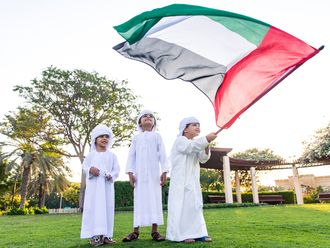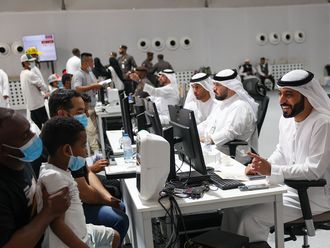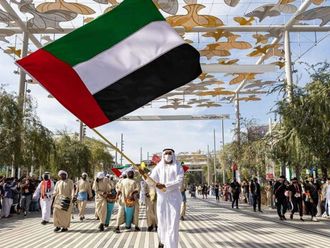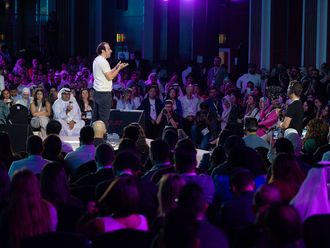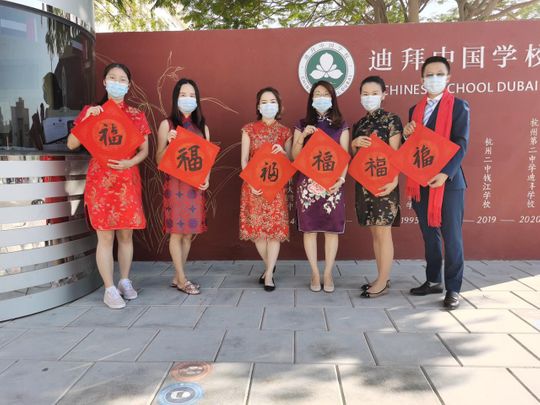
Dubai: Chinese expats in the UAE are welcoming the Year of the Ox tomorrow with subdued celebrations amid COVID-19.
Chinese expats said the celebrations will happen in their homes in true traditional style, but owing to social distancing and other precautionary measures laid down by the authorities, they will not be entertaining guests. So to that extent, it will be a low-key affair.
Justine Zhao, a marketing and social media consultant who has lived in Dubai for 19 years, said: “Chinese New Year is the first day of the Chinese lunar calendar, so it’s also known as the Chinese Lunar New Year. Unlike the Gregorian calendar used in most of the world, which is based on the movement of the sun, the Chinese lunar calendar follows the movement of the moon. As it is also the beginning of the spring season, Chinese New Year is often called the Spring festival in China.”
An interesting fact of the Chinese New Year is the yearly transition between the Chinese Zodiac signs. So Friday, February 12, marks the onset of the Year of Ox. “In the Chinese culture, Ox is a symbol of honesty and diligence because of the animal’s use in agriculture before machineries were introduced,” explained Justine.
Jenny Zhou, a 40-plus resident of Dubai since 13 years and who works as CEO of Oriental Wise Educational Consultancy, said: “The Chinese New Year is the single-most important holiday for families in China. Much like Christmas in the western world, lots of people travel a long way home to be with their families. Chinese New Year’s eve is always celebrated with a family meal of various dishes.”
Jenny said a must-have dish on the dinner table is the Chinese ‘Jiaozi’ — a boiled dumpling dish, similar in shape to the ‘Pelmeni’ and the Japanese ‘Gyoza’.
She said on New Year’s day, Chinese people traditionally put on their best clothes and visit their close friends. “They bring food and gifts for each other, wishing each other good fortune in the New Year. It is customary for elder family members to give small red envelopes with cash to the children of the family. This tradition is called HongBao or the ‘Red Bag’.
But this year, COVID-19 has ensured that the celebrations are low key.
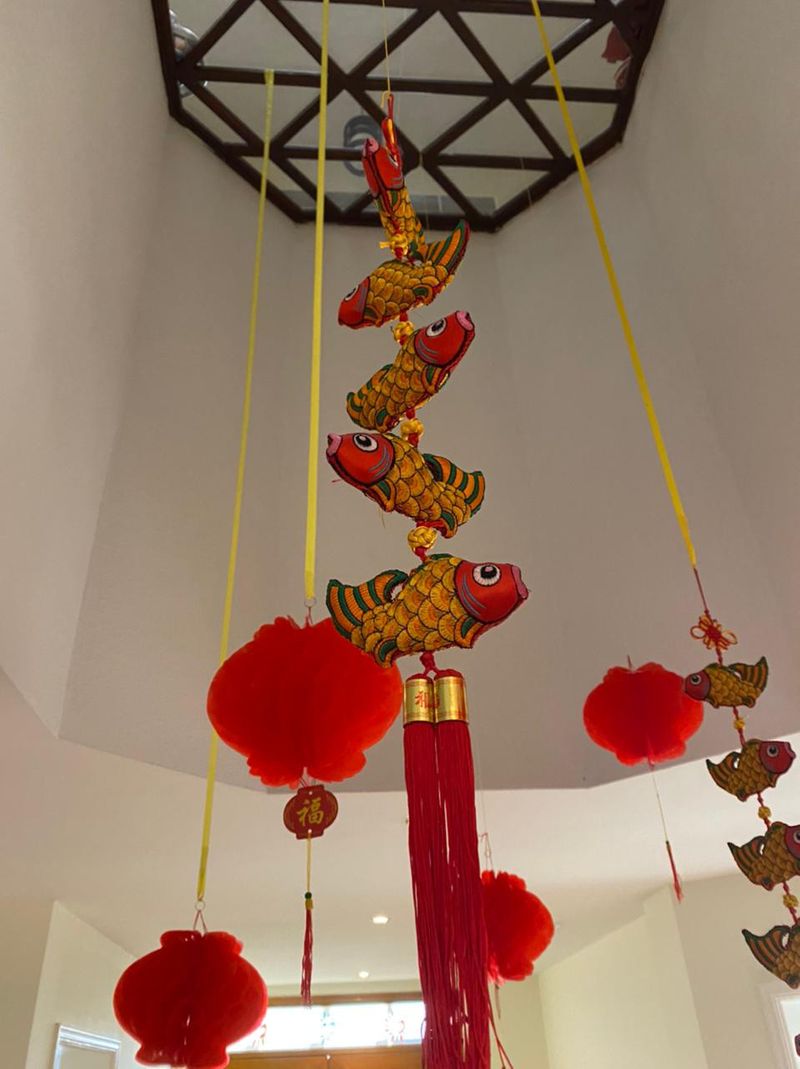
Shereen Lu, 26, a resident of Dubai since five years who lives with her siblings, parents and grand-parents in the emirate, said: “Chinese New Year is a fun time of the year and celebrations last for a whole 15 days in certain parts of China.”
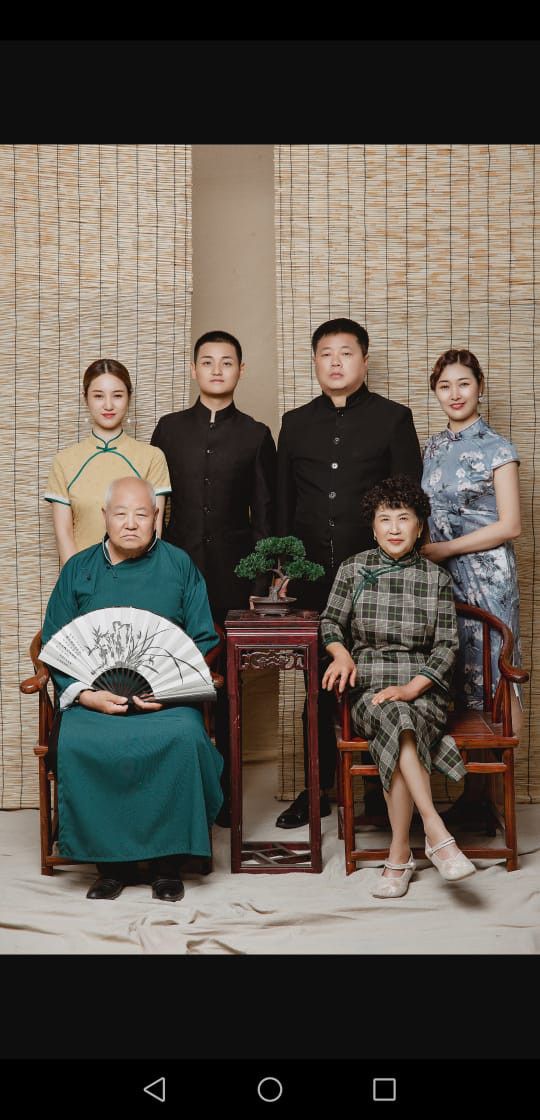
“The cities are lit with fairs, outdoor markets, dragon dance, traditional street food and more. The dragon and lion dance, fire crackers are all set to scare evil spirits off.”

Xiangran Kong, 37, working as a project manager for a private firm in Dubai for the last three years, said Chinese New Year is not only celebrated in China, but in many other countries as well. “It is now an official public holiday in Brunei, Indonesia, Malaysia, South Korea, Singapore and Vietnam. In other countries, while it is not a public holiday, Chinese New Year is celebrated by people of Chinese descent. In total, about 20 per cent of the world’s population observes the Chinese New Year, making it one of most-celebrated occasions on earth.”
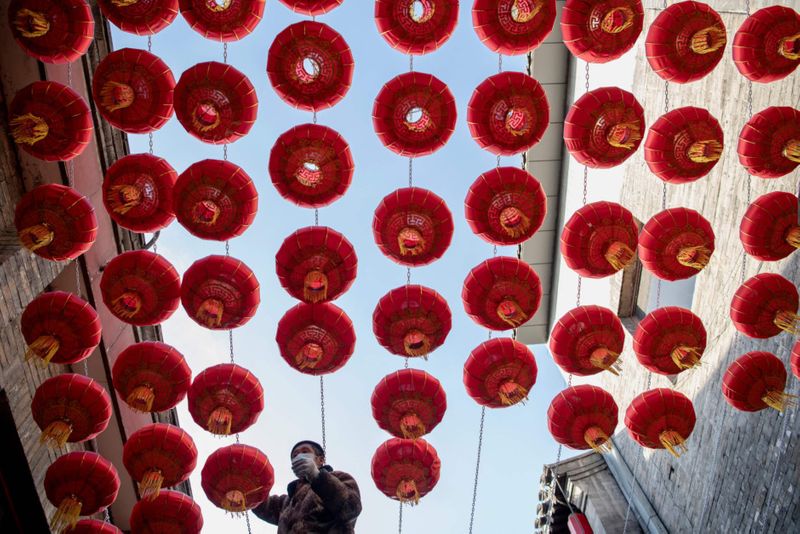
Read more
- UAE leaders offer condolences to Indian President over Uttarakhand glacier collapse victims
- COVID-19: Remote working for Sharjah government employees from Sunday
- UAE leaders congratulate Japanese Emperor on National Foundation Day
- Watch: GDRFA Dubai grants Gold Visa to Liverpool football legend Ian Rush
Meanwhile, Shereen, who is a consultant for the Chinese School Dubai, said the school marked the occasion with a lot of pomp and fervour. “Teachers and students made lots of talent shows and shared them with the whole UAE community.”
Can Cai, 33, an assistant lawyer, working in Dubai since 2013 said he celebrated the New Year with his colleagues. “We held a couplet in the office to convey good wishes to each other. At home, we made dumplings and we will ring in the New Year, watching Chinese TV shows.”


